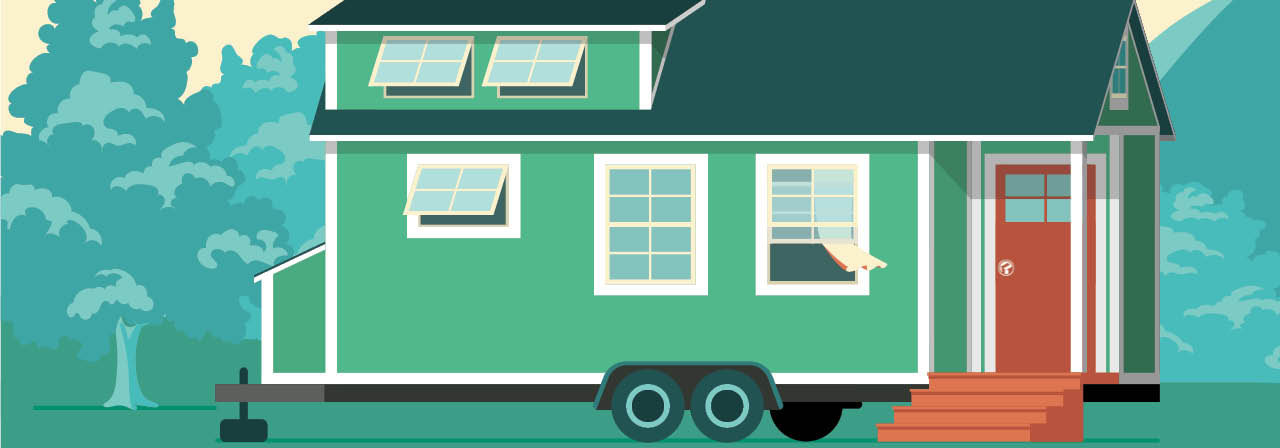For some prospective homebuyers, a brick-and-mortar home isn’t always in the cards. Home prices are getting exceedingly competitive and building a new home can be costly and even completely unattainable for first-time homebuyers. Those prices may force young homebuyers or homebuyers in more rural areas to look into mobile homes as a means to a future home.
Purchasing mobile homes, however, aren’t quite as straightforward as purchasing a brick-and-mortar home and many homebuyers may find it to be quite a challenge. Purchasing a mobile home isn’t impossible by any means, but here are the facts.
Hidden Costs of Mobile Homes
Mobile homes go by many names: manufactured homes and trailer houses are two of the most popular alternates. No matter what you call them, mobile homes often come with hidden costs that aren’t always quite as clear on the surface as you shop for mobile homes.
For one, mobile homes are manufactured almost entirely in a factory. As with most things manufactured, there are construction corners cut to save on costs and improve efficiency during the manufacturing process. These compromises lower the prices to end customers but can raise insurance rates, require buyers who finance to carry mandatory mobile home insurance, and can cost more to maintain over time.
The Land Issue
Unless you already have a piece of property in which to park your mobile home with utilities available, then you may be looking into a situation where you technically own your home but don’t own the land your home is on. You’re likely familiar with trailer parks or mobile home parks that are designed for just such a purpose.
Another option, and one that some homeowners will choose, is to use a mobile home as a temporary residence while they save to build a future home. Of course, this will require that you already own your own piece of land both to park your trailer and to build a future home on. Homebuyers looking at this option will likely look at selling the trailer in the future to help finance their building endeavor.
Financing and Insurance Requirements
Financing a mobile home purchase is far from simple. Most private lenders who offer traditional mortgages are unwilling to finance a mobile home as the asset in question–in this case, the mobile home–often doesn’t retain enough value for the lender to recoup their costs in the event a borrower defaults on their loan obligation. Mobile homes are notorious for losing value over time.
For financing, buyers often look to the manufacturer itself to offer financing but can often find themselves in loan situations with high interest rates, large payments, or otherwise unsuitable loan conditions. On the off chance that you can find a lender who will write a mortgage for a mobile home, you’ll likely be required to carry special mobile home insurance for the duration of the loan and may have to pay other mobile home-related fees.
Explore Financing a Brick-and-Mortar Home
By the time a prospective buyer runs the numbers on purchasing a manufactured home, they often find that purchasing a brick-and-mortar home is just as affordable or at least gives more flexible financing options, lower monthly payments, and a much more reliable asset if you ever choose to sell or upgrade.
To explore what options are available to you, get in touch with the experts at Tidewater Mortgage Services, Inc. today!


